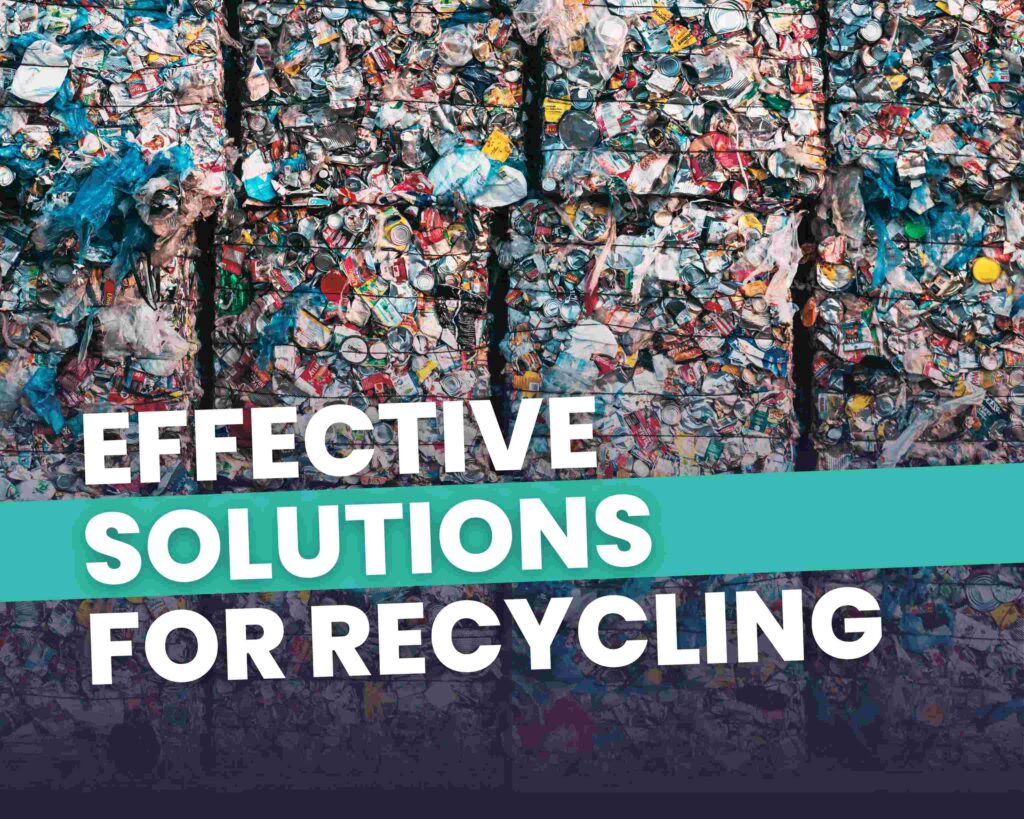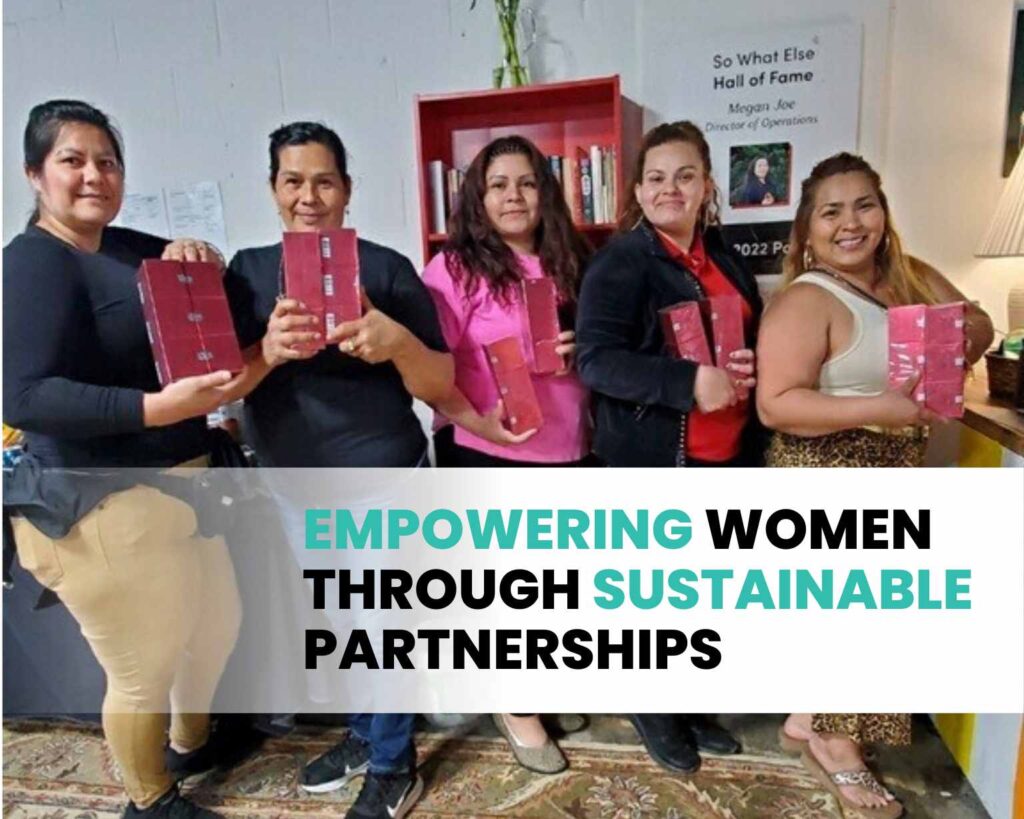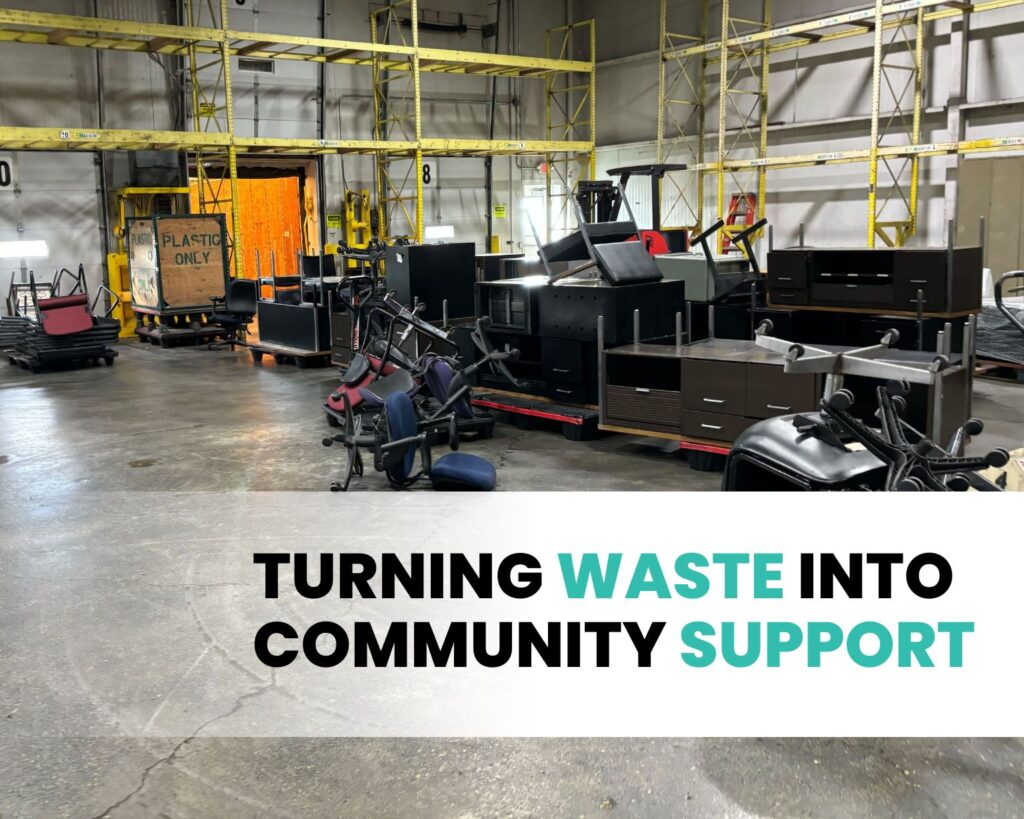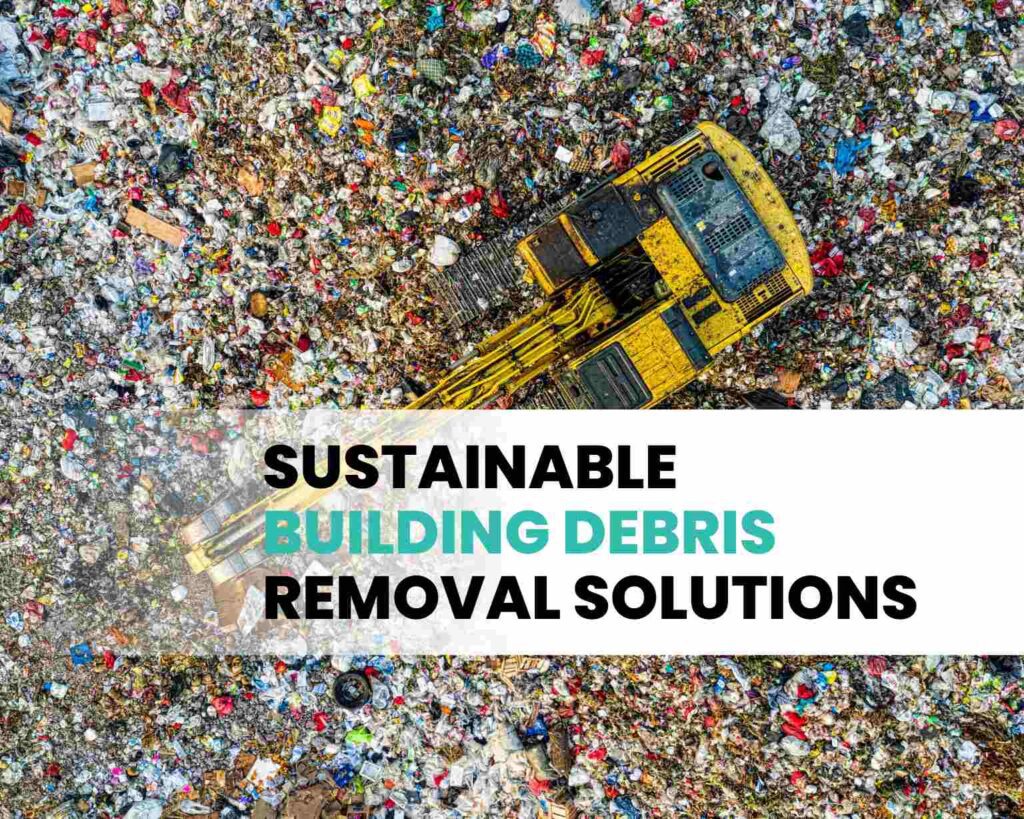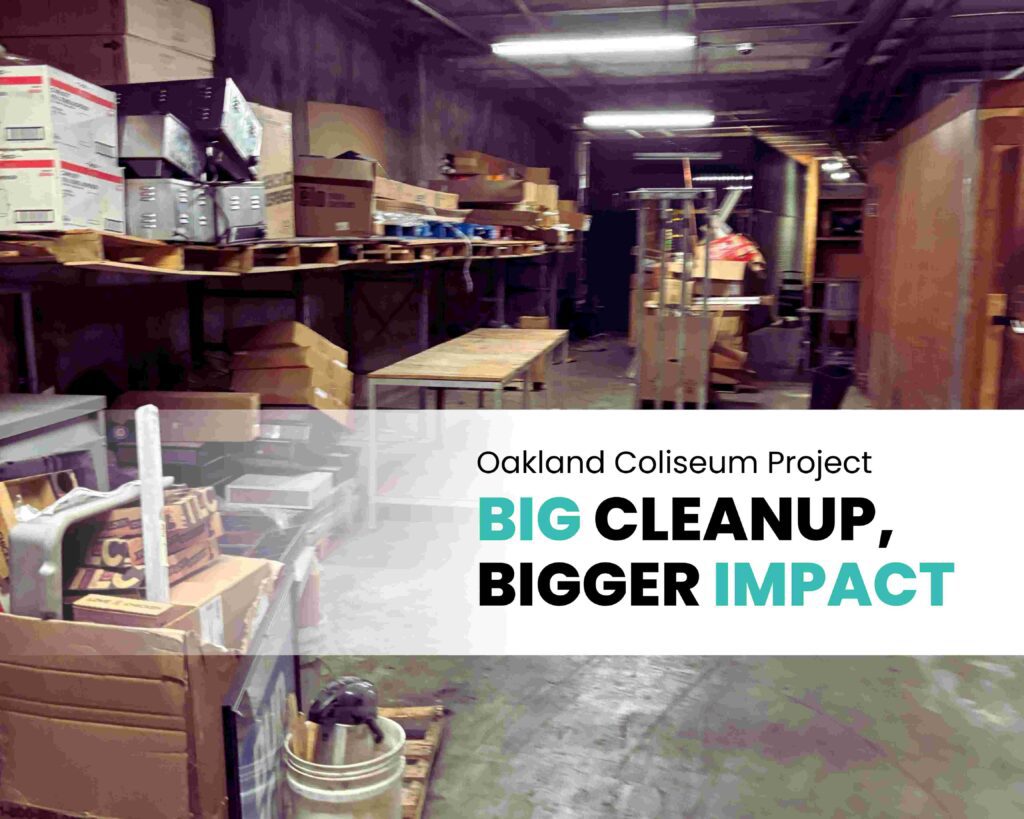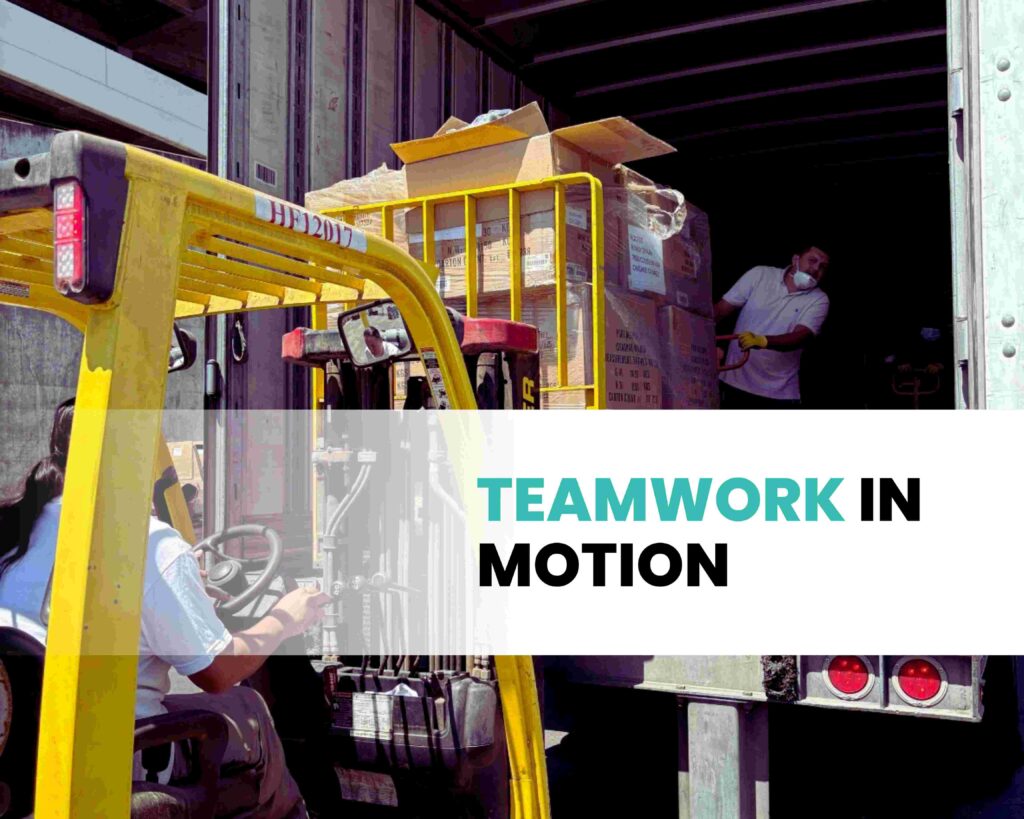How energy is produced from waste recycling?
Table of Contents
How Energy is Produced from Waste Recycling: A Sustainable Solution for the Future
The quest for sustainable and efficient energy solutions has led to a renewed interest in waste recycling as a means of producing energy. With the growing global population and industrialization, effective recycling is essential for a sustainable future. In this article, we delve into how energy is produced and the benefits it provides to the environment and society.
Waste-to-Energy: Transforming Waste into a Valuable Resource
Waste-to-energy refers to the process of generating energy in the form of heat, electricity, or fuel by burning or otherwise processing materials. Advanced technology is crucial for the development and implementation of processes. Common types include:
- Food
- Agricultural
- Industrial
- Municipal solid
Using waste as a resource for production has several advantages, such as reducing the volume sent to landfills, conserving natural resources, and supporting a circular economy.
Efficiency and Environmental Impact of Waste Recycling
Recycling waste for energy production offers several benefits, such as:
- Reducing greenhouse gas emissions. It produces fewer emissions than burning fossil fuels, leading to a decrease in air and water pollution.
- Minimizing the generation of hazardous waste. It does not release any toxic byproducts, making it a safe and efficient alternative for energy production.
- Encouraging the use of renewable resources. It enables the reuse of resources instead of relying on finite sources, such as oil and gas.
It also has a positive impact on the environment. It facilities utilize modern technology to control emissions and maintain air quality. Furthermore, recycling things for production encourages the method of using renewable resources and minimizes the generation of hazardous materials.
Waste Processing and Energy Generation Techniques
Several methods exist to produce energy, including:
- Anaerobic digestion: This process involves breaking down organic materials in the absence of oxygen to generate biogas, a versatile fuel for heating or electricity production.
- Gasification and pyrolysis: These thermal processes involve heating materials at high temperatures to produce syngas, a versatile fuel for electricity generation or chemical production.
- Incineration: This method entails burning materials at high temperatures to generate heat, which can then be converted into electricity.
Despite advancements in technology, waste processing techniques still face challenges and opportunities, such as the need for more efficient processes and better segregation methods.
Liquidation and Beneficial Reuse in Waste Recycling
Liquidation refers to the process of selling or disposing of surplus materials to recover costs and free up valuable storage space. This can lead to significant cost savings for businesses by eliminating the need for physical inventory storage.
Beneficial reuse, on the other hand, involves repurposing waste into new products or for other applications. This can result in tax deductions and cost savings while fostering social responsibility and building stronger community relationships.
Strategically managing the process involves finding ways to reduce costs and maximize resources while conserving the environment. By embracing sustainable practices, businesses can help protect our planet for generations to come.
Our Company’s Role in Waste Recycling and Energy Production
Our company is committed to providing innovative solutions for waste management and energy production. Using sustainability and environmental stewardship, our services assist businesses and communities in transitioning towards a more eco-friendly future. Through energy production, we promote social responsibility and foster stronger relationships with communities.
We are equipped to handle a wide range of materials, including:
- Clothing
- Wipes
- Household items
- Office Supplies
- Electronics
- Hand sanitiser
- Shampoo and conditioner
- Kitchen utensils
- Paint
- Batteries
- Shoes
- Lotions
- Glassware
- Books
- Furniture
- Perfumes
- Towels
- Dishes
- Cleaning materials
- Tools
- Blankets
- Pillows
- Food
- Light bulbs
- And more
Whether your goals relate to conserving natural resources, reducing landfill volume, or increasing efficiency in energy production, our team is available to offer innovative solutions. From processing to energy and beneficial reuse, we are dedicated to providing sustainable solutions that make a positive impact.
Advancements and Challenges in Waste Recycling Technologies
Innovations continue to drive advancements in energy production. Some of these advancements include:
- Improved sorting and segregation techniques, enhancing the efficiency of the process
- Development of advanced thermochemical processes for better conversion
- Innovations in biotechnology for enhanced biofuel production
Despite these advancements, challenges still exist in the industry, such as the need for better segregation methods and more efficient processes to produce higher yields. These challenges require further research to find solutions that will benefit the environment and create a more sustainable future. Addressing these challenges is crucial for the sustainable growth of the sector.
The Future of Energy Production from Waste Recycling
As global demand continues to grow, the potential to contribute to a sustainable future becomes increasingly significant. The following factors are likely to shape the future of energy production:
- Greater emphasis on the circular economy, driving the demand for energy solutions.
The economy of scale makes larger-scale projects more feasible in the long term.
- Enhanced public awareness of the environmental benefits of energy production.
This will likely influence consumer and societal behaviour, resulting in a shift towards more eco-friendly processes.
- Continued investment in research and development of technology for processes.
Research and development are vital in driving the industry forward and finding solutions to existing challenges.
Conclusion
In conclusion, recycling is crucial in energy production and contributes to a sustainable future. Harnessing the power of waste not only helps reduce it but also provides a valuable source of energy. As advancements in technology continue to improve processes, the potential for recycling waste to meet the world’s growing energy needs becomes ever more promising.

